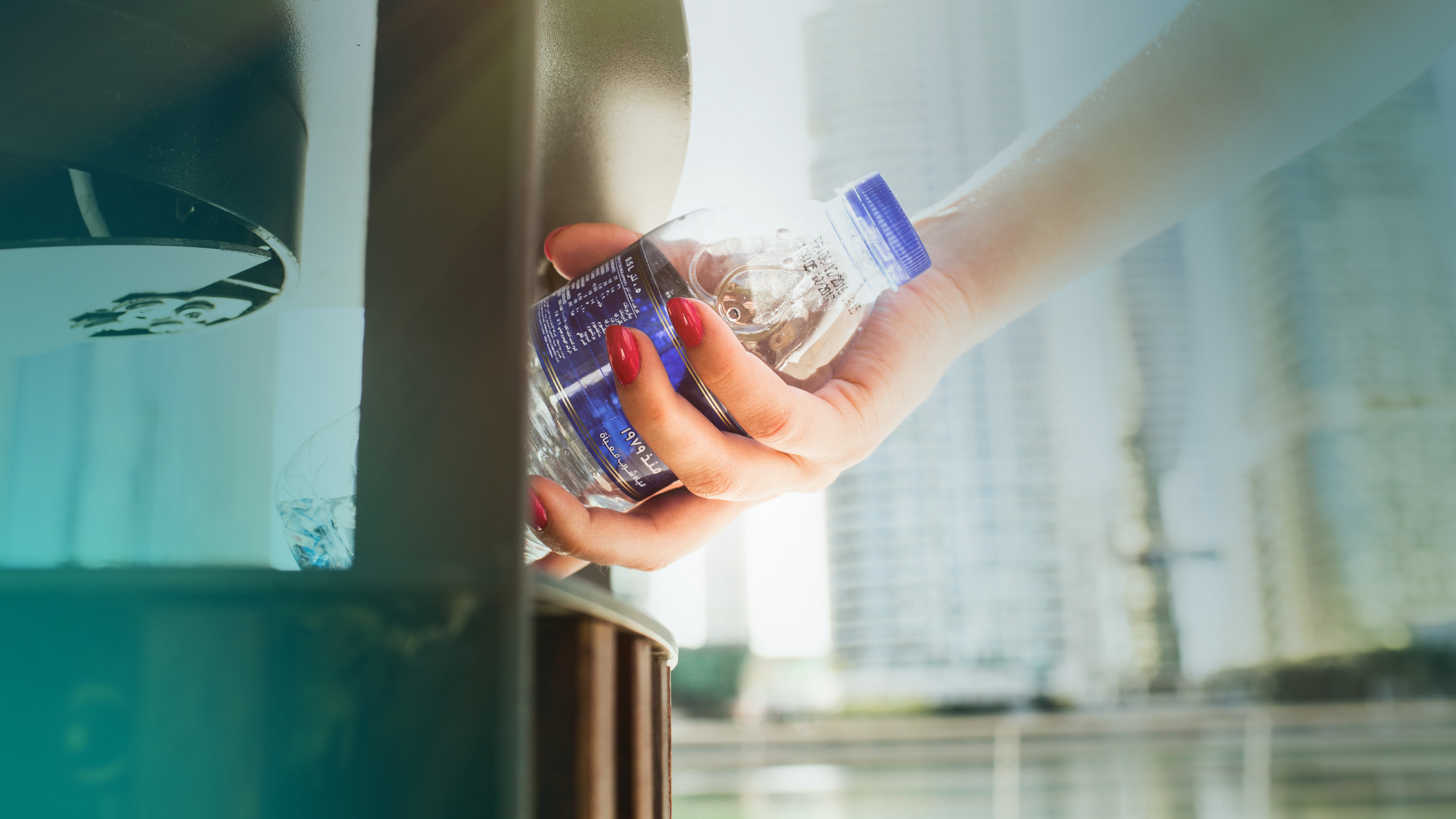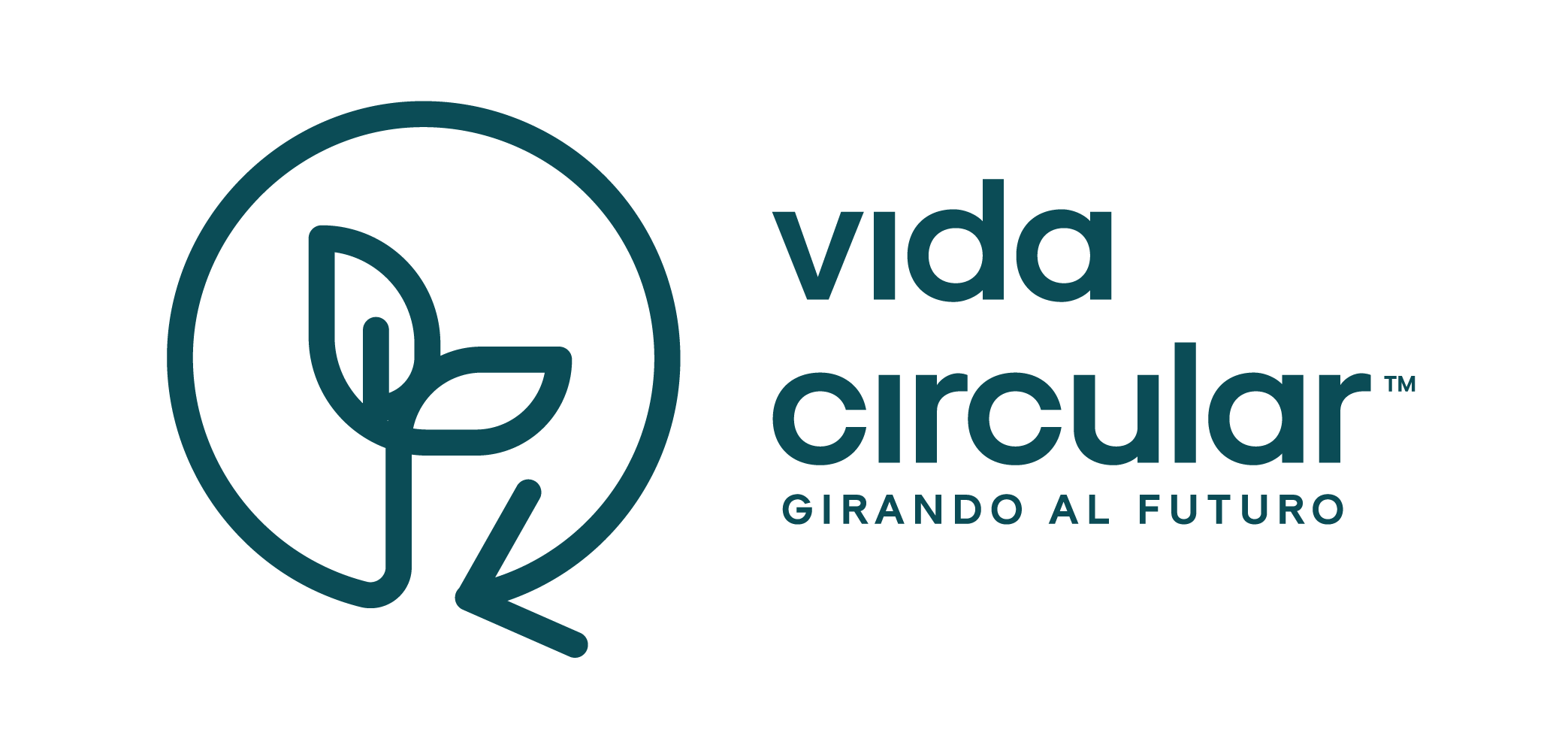
Discover the importance of plastic bottles in our daily life
Plastic bottles are more than just containers; they represent a vital part of modern life due to several essential characteristics. They are incredibly convenient and safe, combining lightness, strength and airtightness to store and transport liquids without risk of breakage or spillage. This combination not only makes everyday life easier, it also protects consumers' health by keeping contents safe and free from contamination.
From a production and transportation standpoint, plastic bottles are also more efficient than alternatives such as glass or metal. They require less energy to manufacture and, due to their light weight, reduce the costs and carbon emissions associated with transporting products. This efficiency contributes significantly to a lower carbon footprint during their life cycle.
In addition, plastic bottles are noted for their durability and recyclability. They can withstand impacts without breaking, making them safe for use in a variety of environments, including outdoors and in emergency situations. PET and other plastics used in the bottles are fully recyclable, allowing the material to be reused to produce new bottles or other products, thus promoting a circular economy.
The plastics industry is continually innovating to improve the sustainability of plastic bottles through the development of biodegradable plastics and more efficient recycling techniques. These innovations are key to reducing the environmental impact of plastics and ensuring that plastic bottles are part of a long-term sustainable solution.
Finally, in disaster situations and other emergencies, plastic bottles play a crucial role, providing a safe and practical means of distributing water and other essential supplies to affected areas. Their ease of transport and durability make them an ideal choice for these circumstances, where other types of containers may not be viable.
How are plastic bottles made?
Plastic bottles are mainly made of a material called PET, which is a very common type of plastic. The manufacturing process of these bottles begins with the creation of small plastic pellets, called "pellets". These pellets are the base material that will be transformed into a bottle.
First, these pellets are melted and molded into long, thin tubes, called "preforms". These preforms have the basic shape of a bottle, but are not yet ready to use. The preforms are then placed in a mold and heated. When the plastic is hot enough, air is blown into it, causing the material to expand and take the final shape of a bottle. This process is called "expansion blowing".
Once the bottle has acquired its shape, it is cooled and cut to the size and design we are familiar with. Then, a cap is placed on it and it can be filled with the product it will contain, such as water or soft drink. And this is how a simple plastic ball becomes the bottle we use every day.

Benefits of plastic bottles
The impact of plastic bottles goes far beyond their everyday use. Below, we'll delve into how these bottles not only make our lives easier through their functionality and practicality, but also play a crucial role in protecting the environment and promoting a sustainable future. From their remarkable durability to their role in conserving resources and innovations in recycling..
Versatility and durability:
Plastic bottles are not just for water; they are a crucial part of the packaging of beverages, food, cleaning products and much more. Their lightness and strength make them ideal for transporting and storing products safely, reducing the risk of breakage and spills, something that other materials cannot guarantee as effectively.
2. Resource conservation:
Did you know that plastic bottles help conserve other natural resources? Their production usually requires less energy compared to alternatives such as glass or metal, which means a smaller carbon footprint. In addition, their ability to be recycled means that we can reuse the material several times, decreasing the need to extract new resources from the environment.
3. Innovations in recycling and sustainability:
The world is innovating how we recycle and reuse plastic bottles. From advanced recycling techniques that preserve plastic quality to the development of biodegradable plastics, these innovations are helping to ensure that plastic bottles play a role in a more sustainable future.
4. Economical and easy to produce:
Plastic bottles are economical because the material used, such as PET, is cheap and readily available. They are manufactured quickly and efficiently, as they are produced in large quantities using automated processes. This allows the bottles to be manufactured at low cost, which in turn reduces the final price for consumers.
How to contribute to responsible consumption
As consumers, we have a great opportunity to make a difference when we buy a plastic bottle. It's not just about choosing the product, but also about how we handle it after use. While plastic bottles are practical and affordable, it is our responsibility to make sure they are managed well.
When we finish using a bottle, the best thing we can do is to separate it properly and put it in the recycling. This helps recycling plants to process them and give them a second life. Instead of sitting in a landfill, the bottles can be transformed into new products or even more bottles.
In addition, by choosing recyclable bottles or products from companies that are environmentally responsible, we are supporting a more sustainable system. In this way, we not only help reduce pollution, but also encourage practices that can continue to be useful in the future.
Simply put, if we all do our part by separating plastic bottles and choosing responsible products, we can contribute to a cycle where plastic is reused over and over again.
Concluding on plastic bottles
So, the next time you pick up a plastic bottle, remember that you are holding in your hands not only a convenient object, but a key piece of our modern culture that can and should be handled with care.
Plastic bottles accompany us on trips, events, emergencies and in our daily lives, offering irreplaceable benefits but also posing significant environmental challenges. Their versatility and durability make them indispensable, however, it is vital that we manage them in a way that does not compromise our planet.
Together, we can transform this common resource into a factor in sustainability. Every small action counts: from choosing, to reusing, to recycling in the right way, every step we take towards a more efficient handling of plastic bottles brings us closer to a more sustainable future.
Take action today and be part of the solution to a greener future! Together, we can ensure that future generations inherit a cleaner, healthier world.




